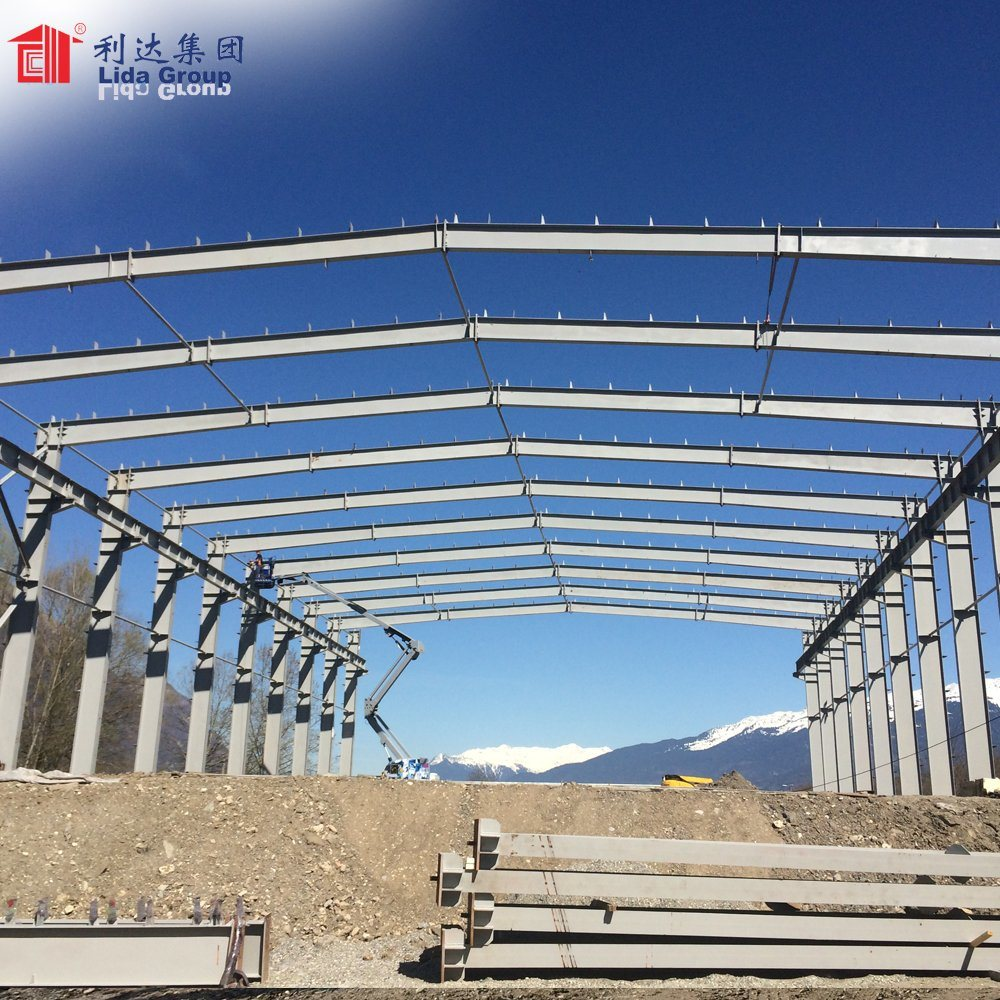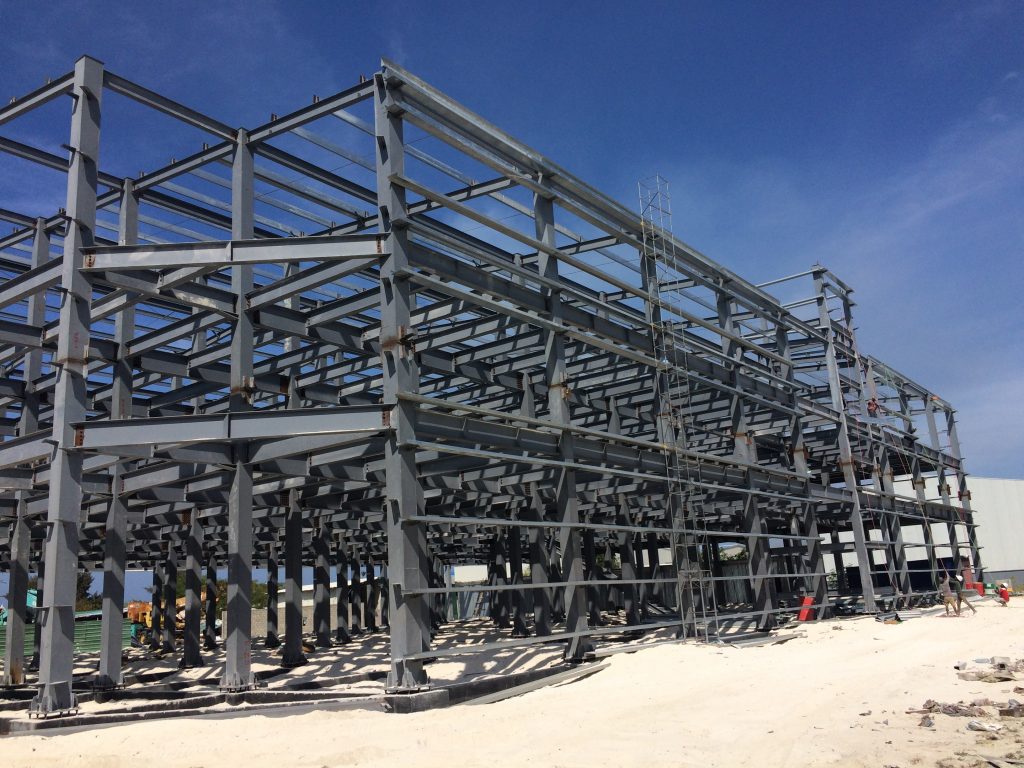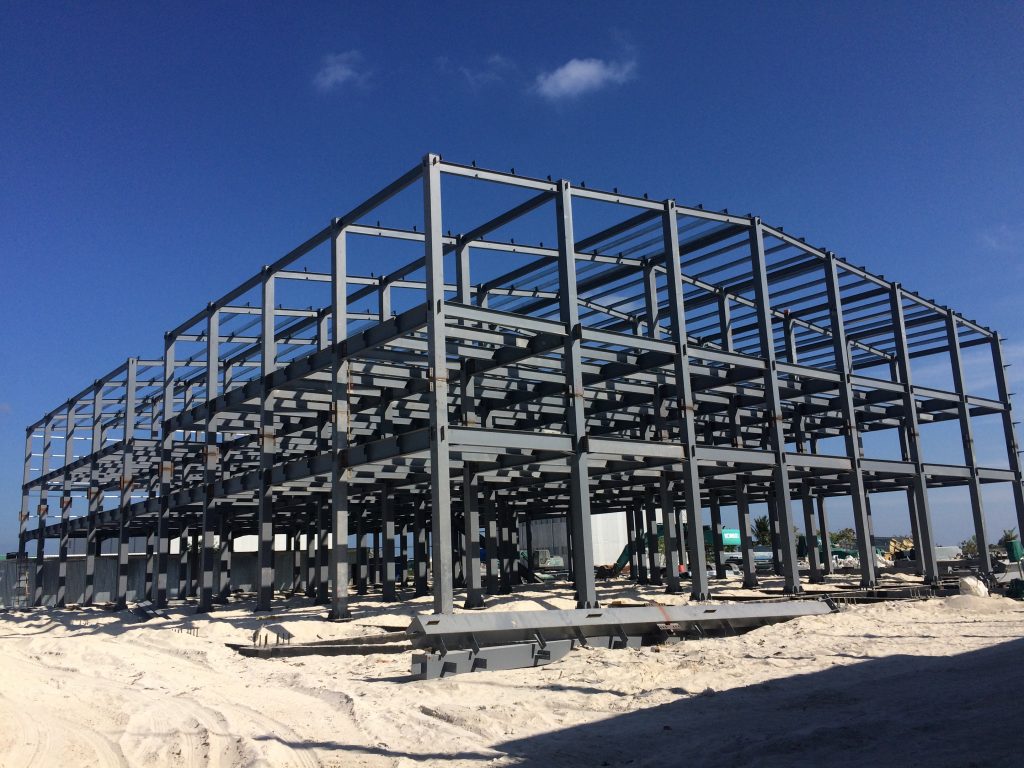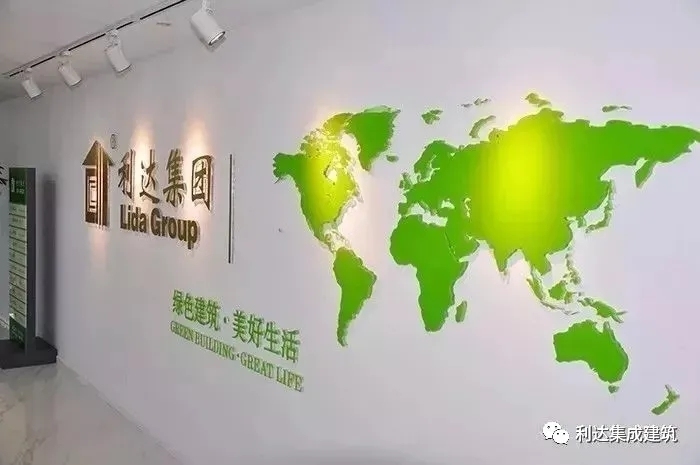As a leading nonprofit dedicated to smallholder farmer empowerment across Asia and Africa, Agricultural Aid International supports millions living in rural poverty through livestock development programs. Supplying breeding stock, veterinary services and training helps scale operations, but success heavily depends on suitable housing protecting valuable animals during floods, droughts and other extreme climate events common in developing regions. The organization’s traditional approach relied on constructing basic bamboo-walled shelters locally at each project site, but recognized limitations in standardized design, durability and supply chain consistency.
Seeking better solutions, Agricultural Aid turned to global engineering firm Lida Group, specialists in portable prefabricated structures for disaster relief and infrastructure applications worldwide. Discussions identified an opportunity for Lida Group to develop robust-yet-portable livestock shelter kits optimized for Agricultural Aid’s programs and the unique challenges of remote agriculture worldwide. The resulting innovative kit platform has now been deployed on five continents, revolutionizing pastoral communities’ resilience through simple systems tailored for global conditions and logistics.
Lida Group’s compact shelter kits contain all components cut, rolled and pre-assembled for rapid on-site construction. Durable hot-dip galvanized steel framing forms the lightweight yet bombproof structure, while UV-resistant outdoor-grade plywood completes weatherproof wall and roof panels. Revolutionary joint connectors developed through topological optimization allow intuitive assembly without tools into various standardized shelter sizes within a few hours using only manual labor. All materials fit within manageable transport volumes and weights for containerized shipping, road/rail transport, even light aircraft into remote locations.

After initial field testing in Sri Lanka, the shelter kit platform demonstrated exceptional benefits versus traditional bamboo methods. Standardized designs ensure consistent animal welfare and disease control outcomes across all Agricultural Aid projects globally. Pre-galvanized materials eliminate corrosion risks plaguing sites without proper surface treatments. Structural stability far exceeds local alternatives, proven through extreme climate events like hurricanes where bamboo shelters commonly fail. Most significantly, entire kits can be constructed by non-specialist farmers themselves with basic training.
Another major advantage lies in supply chain management efficiencies afforded through modular prefabrication. Lida Group cut, rolled, galvanized, marked, bundled and containerized complete shelter kits in their Singapore plant within 4 weeks of order placement. This afforded Agricultural Aid vastly accelerated implementation schedules versus coordinating dispersed bamboo acquisitions globally. Warehousing small quantities regionally near ports further accelerated delivery timelines compared to traditional materials sourcing and construction.
Reliability is also improved through quality control centralized at Lida Group’s ISO-certified manufacturing facilities versus field-based makeshift construction quality variability. Standardized spare components inventories now allow rapid response to unexpected damage from storms or attacks. Agricultural Aid’s project managers are universally impressed by these productivity multipliers empowering greater impact for beneficiary communities worldwide.

According to Agricultural Aid’s Director of Livestock Programs Nebiat Lakew, field reports from over 5,000 shelter kits deployed to date across 25 nations have cemented the platform as a “game changing success”: “Portability, consistency, durability and skill-transfer elements empower thousands of farmers with resilient infrastructure previously unimagined. Impacts multiply down from secure housing protecting breeding stock investments to improved incomes, food security and resilience against future economic or climate shocks. Partnering with innovative specialists like Lida Group is transforming what’s possible for global agricultural development.”
For example, in drought-prone eastern Kenya 225 goats and sheep shelter kits were rapidly distributed to local herders. Within 6 months, not a single supported animal was lost to common calamities like predator attacks or extreme weather historically devastating vulnerable populations. Recipient Julius Lokoroi gratefully notes: “This small shelter has sustained my family through the toughest period in living memory. For the first time ever we can say with confidence our livelihoods are truly secure – all thanks to simple yet robust technologies brought to us through partnership between organizations valuing our welfare.”
The lightweight kits likewise prove transformative in refugee settings. Over 300 deployed across camps in Cox’s Bazar, Bangladesh now empower Rohingya families formerly relying on tattered tarpaulins to protect valuable chickens, goats and oxen essential for self-sufficiency and cultural normalcy in displacement. Pre-cut assembly allows ownership handover within an hour versus arduous manual bamboo works previously required.

According to Lida Group MD Ziwen Mu, the experience has crystallized their vision for deployable prefab infrastructure globally: “Disruptive challenges require out-of-the-box engineering centered around end-users. Our work with Agricultural Aid proves portable prefabrication empowers resilient livelihoods anywhere given proper logistical support. We aim unlocking even greater potentials through continued innovation applied with visionary partners valued across remote communities worldwide.”
In summary, through ingenuity applied at global scale, this unique partnership exemplifies prefabrication’s capacity empowering communities previously left behind. By engineering portable yet bombproof livestock sheltering optimized for distributed humanitarian contexts, thousands of farmers and herders now access dignified, bankable and climate-resilient foundations to pull themselves sustainably out of poverty worldwide. When combined with capacity building, breeding programs and services, reliable infrastructure forms the complete package empowering self-sufficient agricultural livelihoods anywhere challenges arise. Through replicable prefab deployment models, such successes promise only greater impact in solidarity with global development cooperation moving forward.

Related news
-
Lida Group introduces new structural steel panel technology for fast erection of industrial warehouses that can be economically expanded over time to meet growing business needs.
2024-09-12 14:48:48
-
Ministry trial of Lida Group's container home models featuring natural ventilation and solar power concludes prefab design provides dignified interim shelter that outperforms tents for cyclone refugees
2024-09-02 16:47:09
-
Engineers analyze innovations enabling Lida Group's prefabricated buildings assembled from insulated composite wall and roof cassettes to meet diverse short-term worker accommodation needs cost-effectively.
2024-08-30 15:07:03
contact us
- Tel: +86-532-88966982
- Whatsapp: +86-13793209022
- E-mail: sales@lidajituan.com


